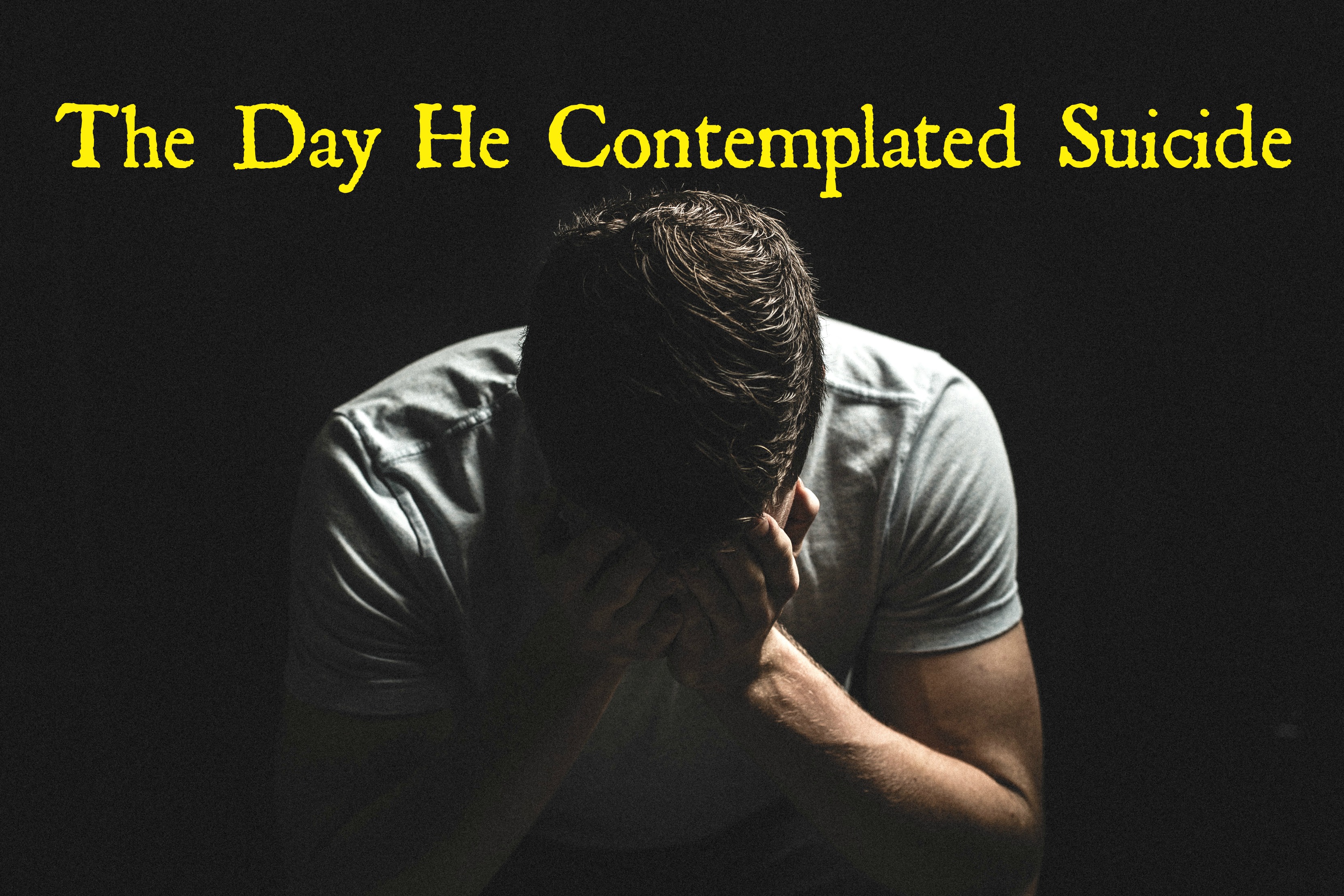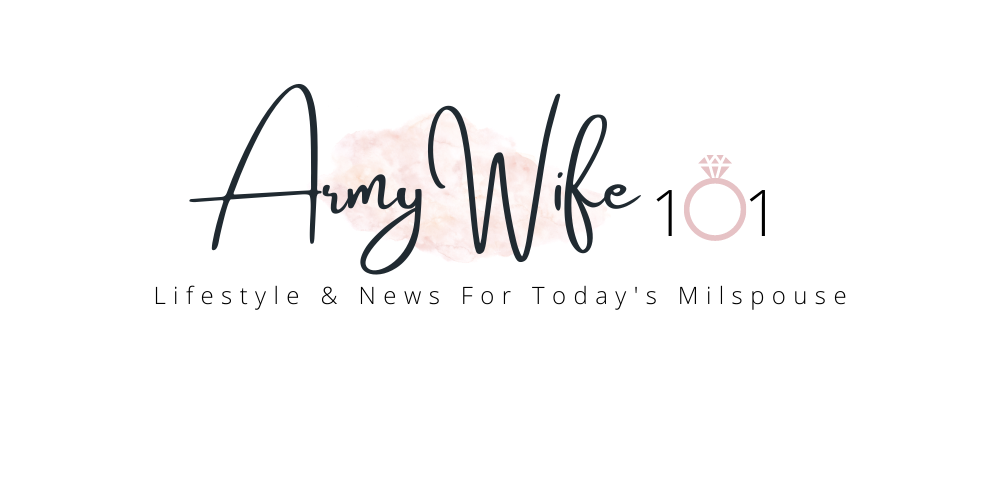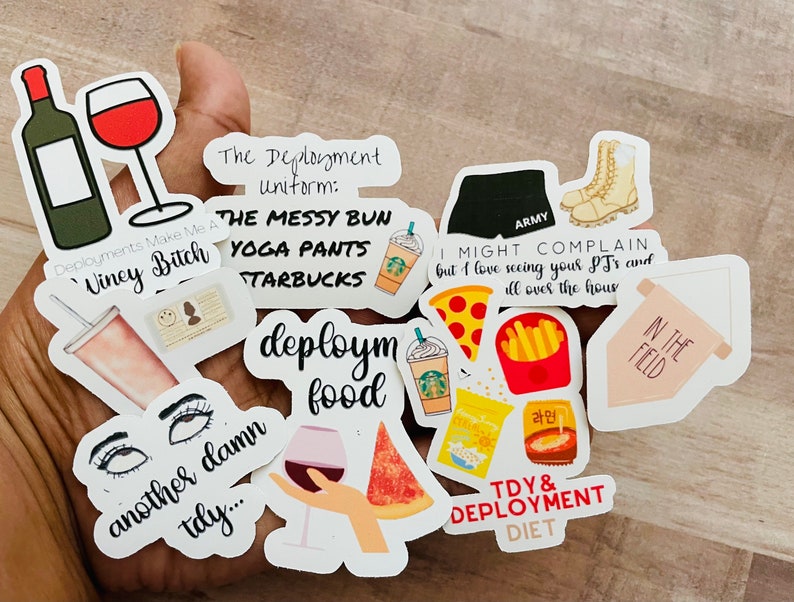*Names have been changed to protect privacy.
As I sipped my coffee and checked my Facebook, an alarming message came through from my friend Linda*. She shared that her husband had suffered a mental breakdown and expressed thoughts of killing himself. Linda was understandably panicked.
Her husband Luke was an Army veteran, her spouse of several years, and the father of her children. Luke was so engulfed in darkness, that he had ideations of ending his life. Although he was taking mood stabilizing medication prescribed by the VA, it wasn’t enough. Luke confessed to Linda that he would have driven off a bridge the week before, but didn’t because his dog was with him in the car. Luke remembers, “I was driving home and felt so down. I was going 70 mph, and thought that if I went off that bridge, I wouldn’t have to deal with any of this anymore.”
My friend was terrified. Should she call the cops? Could she check Luke into a VA hospital? All Linda knew was that she didn’t want to lose him, but in the midst of emotional turmoil and confusion, she didn’t know how to proceed.

You Are Not Alone
In an attempt to prevent the impending tragedy of suicide, I recommended that Luke try the Veterans Crisis Line. I learned of this confidential resource from AFN commercials, and felt that immediate assistance was crucial. Speaking to someone from home removed the insurmountable feeling of leaving his house while in the depths of despair.
Fortunately Luke made contact. “You can say anything you want because they don’t know your face or your name. They’ll just listen if you want, give advice if you want, or give you perspective if you want,” explains Luke. “Most of them have been where you are and know what you’re going through.”
After a few conversations with qualified, caring responders, Luke was assigned both a psychologist and psychiatrist who met with him every 10 days.
Luke, who is grateful for this free, confidential resource, encourages others to make the call. “You don’t have to have suicidal ideations. If you are feeling down for any reason, you can call that line and they will talk to you. The people on the end of #1 are trained to deal with veterans. A lot of them are veterans and they understand more about what you’re going through. It’s one of those weird things that veterans can’t always explain to civilians.”
Life After Help
Luke received the help he needed and his life was saved. He has lived to see another birthday and continues to make new memories with loved ones while pursuing his goals and dreams, post-military service. He shares that transitioning from military life was a complete 180. “It sort of threw me for a loop. All of a sudden you’re not expected to be anywhere. Questions like ‘What are you going to wear today?’ even bring a twinge of stress, because I don’t know.”
Since calling the Veterans Crisis Line, Luke has benefited from a combination of talk therapy, medication and has made further phone calls. “I’m in a lot more control of what’s going on in my head and the medication has apparently taken the edge off. Everyone around me sees an improvement,” he shares.
Luke divulges that through this process, he discovered a mental disorder and thinks that other vets may uncover the same. “I think that a lot of vets have a difficult time grasping that they have a mental disorder. A lot of people don’t realize this until they get to the point of suicidal ideation. Although there is a stigma in the military, there is nothing you can do as far as toughness or resilience. The reality is that there’s a chemical imbalance that needs to be accepted.”
When helping loved ones in crisis, Luke advises, “It is important to not freak out. Be there and listen, I mean really listen. You don’t need to give advice, just let people know that you are there and are willing to help out in any way they need you to.”
He also stresses that healing is a process. “You’ll want to help them, you’ll want to save them. ‘I want to fix you’ is the instinct humans have, but it isn’t something you can fix. I’m going to be ‘not quite perfectly normal’ and that’s okay, as long as I’m aware of it, accept it and work to cope with it.”
I thank Luke and Linda for sharing their very personal story, in hopes that it helps others in crisis.
Prevent Suicide, Save a Life
Our wounded warriors face numerous struggles, and the Department of Veteran’s Affairs encourages that we recognize the signs of a veteran crisis that may lead to suicide. September is Suicide Prevention Month, and the VA encourages us to #BeThere for veterans and service members.
The VA’s Veterans Crisis Line connects veterans in crisis, and their families and friends with qualified, caring responders through a confidential toll-free hotline and online chat. To learn more about warning signs, available resources, or to get help please click here — it just may save a life.
 A self-described “Jackie of All Trades,” Army wife Jackie Toops is a mother of two and enjoys writing, travel, art, languages, slow cooking and peaceful parenting. She studied Interdisciplinary Humanities, Museum Studies and Nonprofit Management, and has overseen public relations for museums, galleries and universities. She is a contributing author for Wall Street International Magazine and has discussed her articles on-air with AFN Wiesbaden. She’s usually seen adventuring with her Canon, a coffee and two small children. Follow her on Twitter.
A self-described “Jackie of All Trades,” Army wife Jackie Toops is a mother of two and enjoys writing, travel, art, languages, slow cooking and peaceful parenting. She studied Interdisciplinary Humanities, Museum Studies and Nonprofit Management, and has overseen public relations for museums, galleries and universities. She is a contributing author for Wall Street International Magazine and has discussed her articles on-air with AFN Wiesbaden. She’s usually seen adventuring with her Canon, a coffee and two small children. Follow her on Twitter.
Comments
Powered by Facebook Comments



